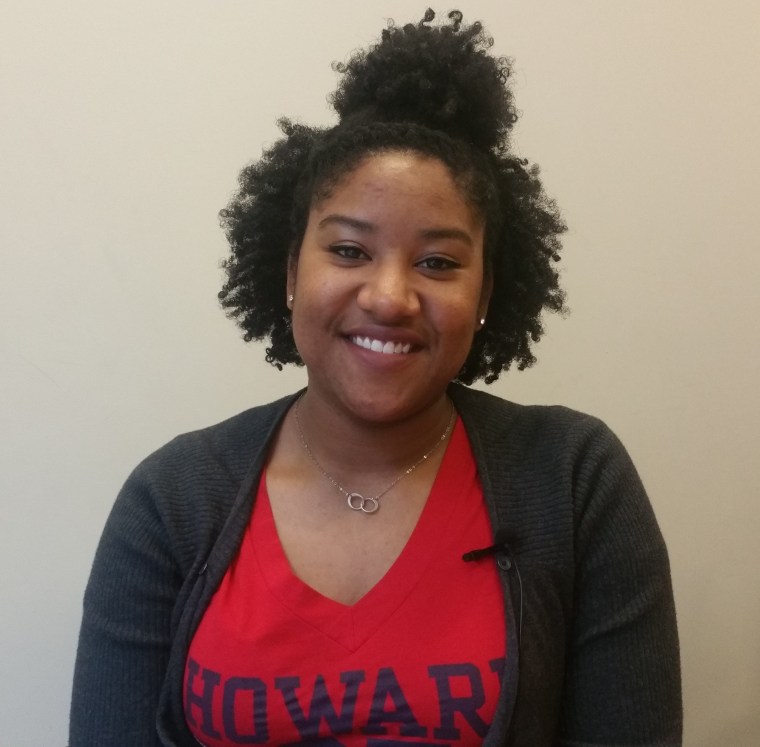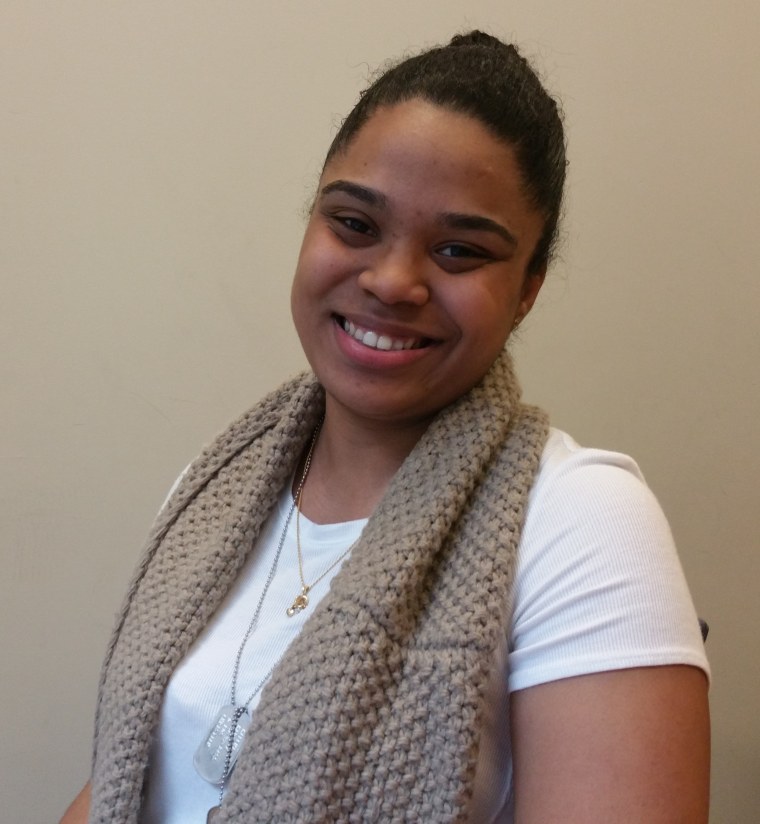With trending hashtags like #BlackLatinxHistory month, Afro-Latinos have found a means to share their heritage, saying it is intertwined with Black History Month.
Leah Hairston and Aymee Molina, two Afro-Latinas working for their masters degrees at the Columbia University School of Social Work, found comfort that more Afro-Latinos are sharing their stories on social media.

“The key word here is ‘Afro,’” Hairston said. “Although the legacy of Black History Month is in many stories about African Americans, the roots of it are in the Black Diaspora.”
Black History Month began as Negro History Week by Dr. Carter G. Woodson and Jesse E. Moreland, and according to Hairston, it represents all people connected to the Black Diaspora. She said anyone who can trace their heritage to ancestors born on the continent of Africa, who left by choice or by force to other parts of the world, should feel part of Black History.
“As an Afro-Latina I get to claim, not only from my African American side, but from my Afro-Latina side because all of my people came, in one way or another, from the continent of Africa,” Hairston said. “Our blackness is often demeaned in [Latino] culture. You don’t really want to have black roots or you don’t want to embrace what it means to be ‘African-anything’ because the history of systemic oppression.”
RELATED: Why celebrating Hispanic Heritage Month is important for Latino families
Hairston said Black History Month has become a means to affirm her identity, heritage and connection with other people with African ancestors.
“If we are going to talk about Black history month, we need to include everybody’s ‘black,’” Malena said.
"Oppressed people should come together to recognize beauty and excellence in all part of their heritage," Hairston said. "Afro-Latinos are not a bridge between African Americans and Latinos, but they’re equally important and should be celebrated as such."
Aymee Malena emigrated from the Dominican Republic 13 years ago. She said she typically passes as African American, but did not embrace her Afro heritage until college.
“My education at Hampshire College opened my eyes to the history of my blackness," she said. "As a child I negated it because I did not want to be black, and that is because I did not have an understanding or a connection to my ancestry.”

While she pushes for more discussion on the African roots of many Latinos, she is weary of lumping Afro-Latino as a singular identity.
"I think it is problematic to put Afro-Latinos under an umbrella," she said. "Think of this: I am Afro-Dominican. That means there are Afro-Colombians, Afro-Cubans and Afro-Peruvians. We shouldn't begin to whitewash Latinos’ history without including the blackness that is a part of it as well."
Malena said Afro-Latino history needs to be intertwined with Black History Month discussions, especially because there were slaves in Latin America and the Caribbean.
“If we are going to talk about Black History Month, we need to include everybody’s ‘black,’” Malena said. “Our narrative needs to begin to be part of the Black History Month narrative because if not, I feel like we are beginning to whitewash Latinos’ history without including the blackness that is a part of it as well.”
